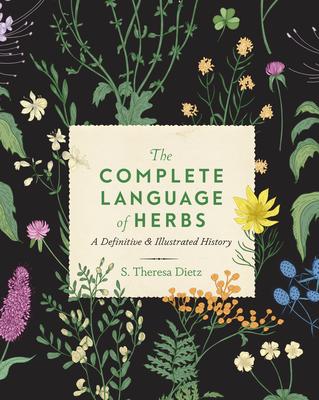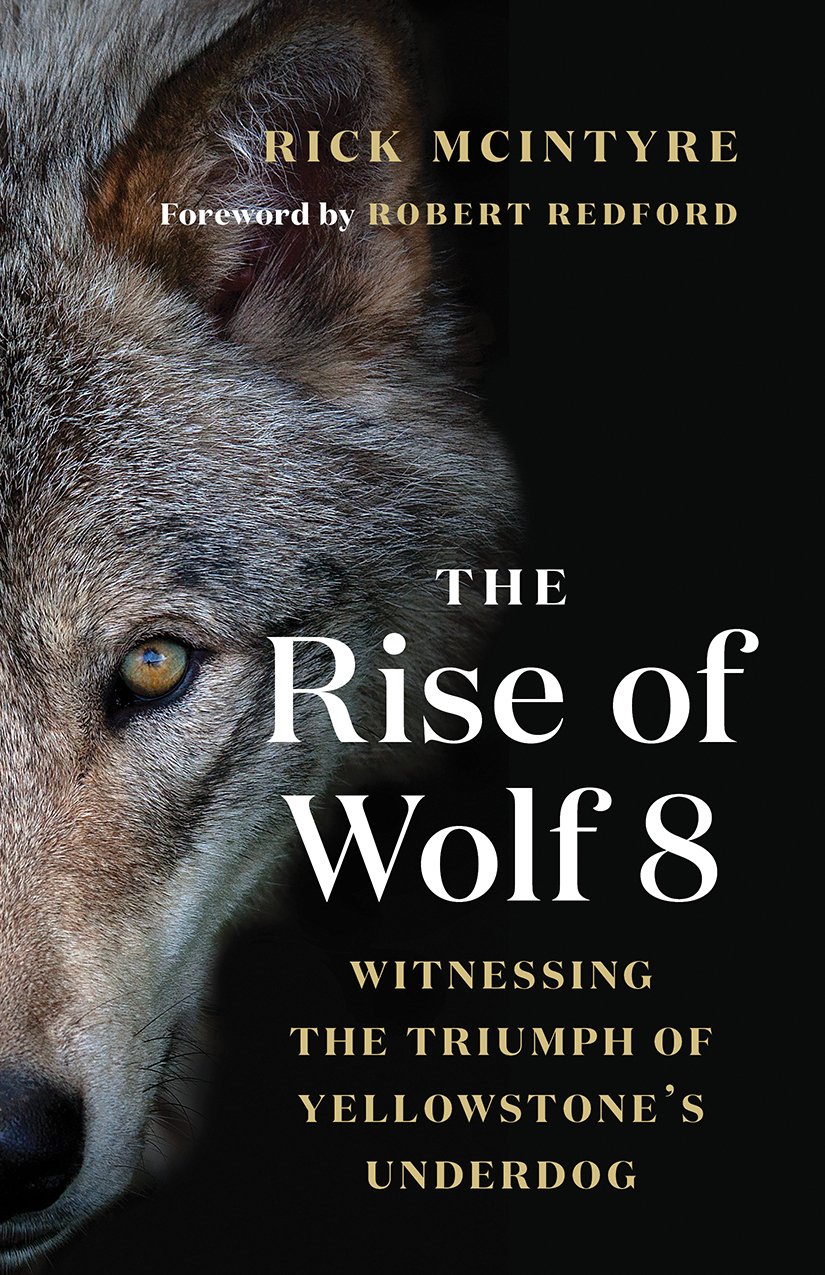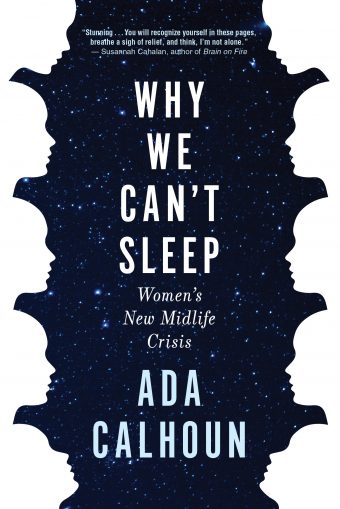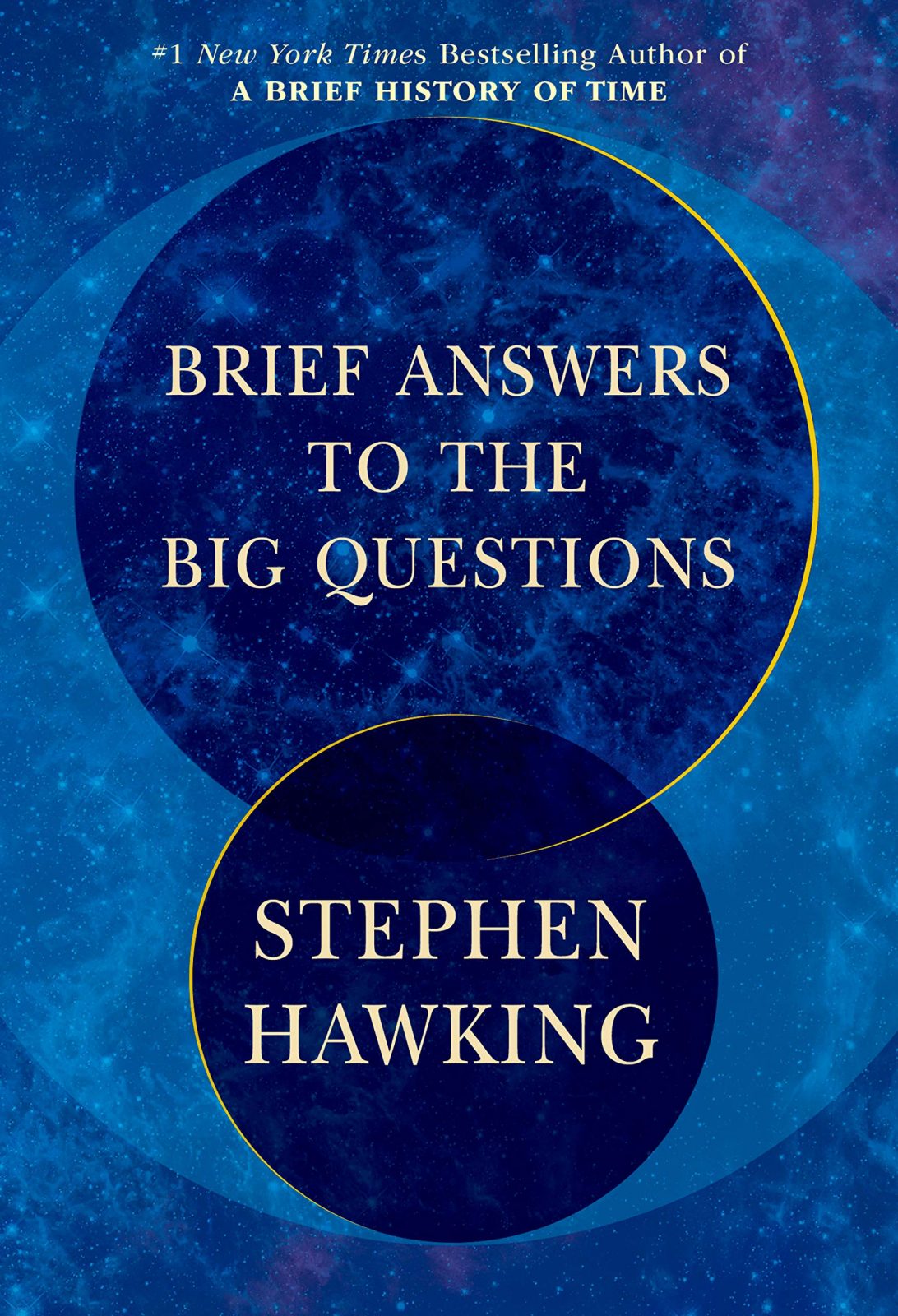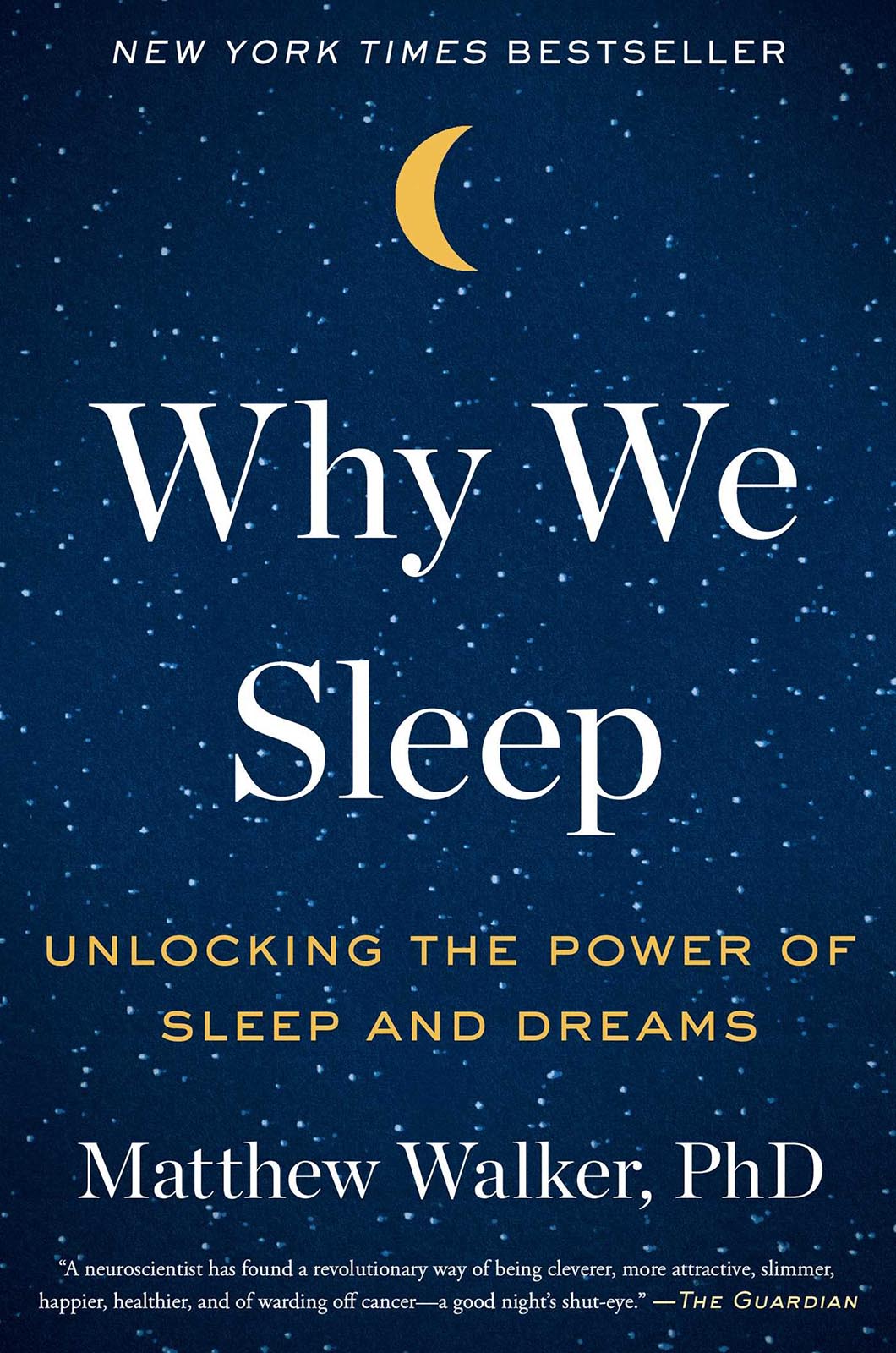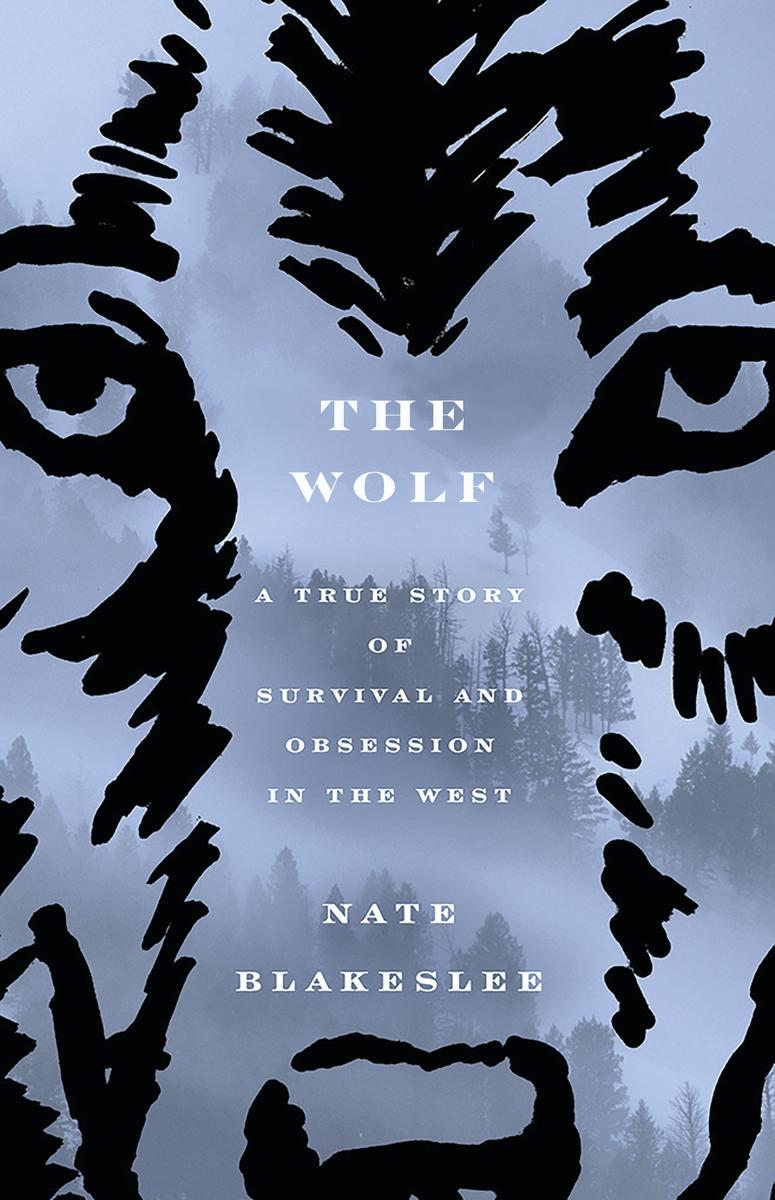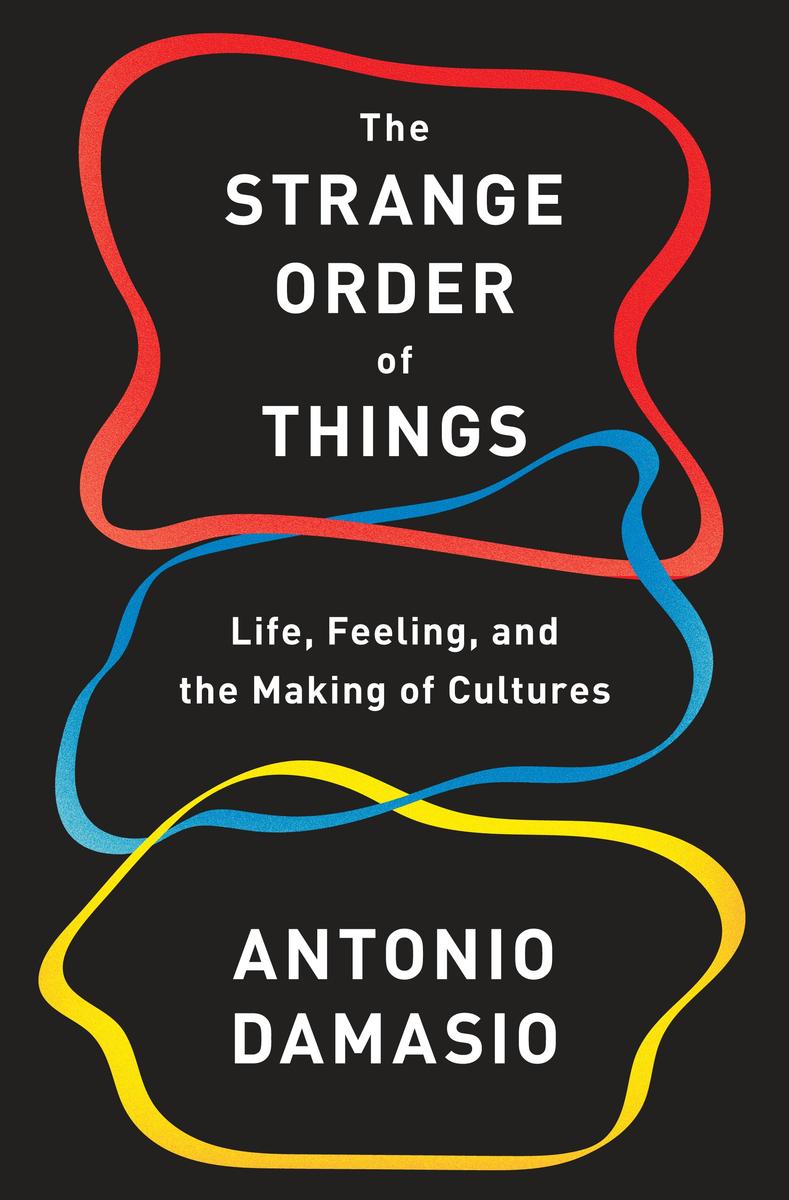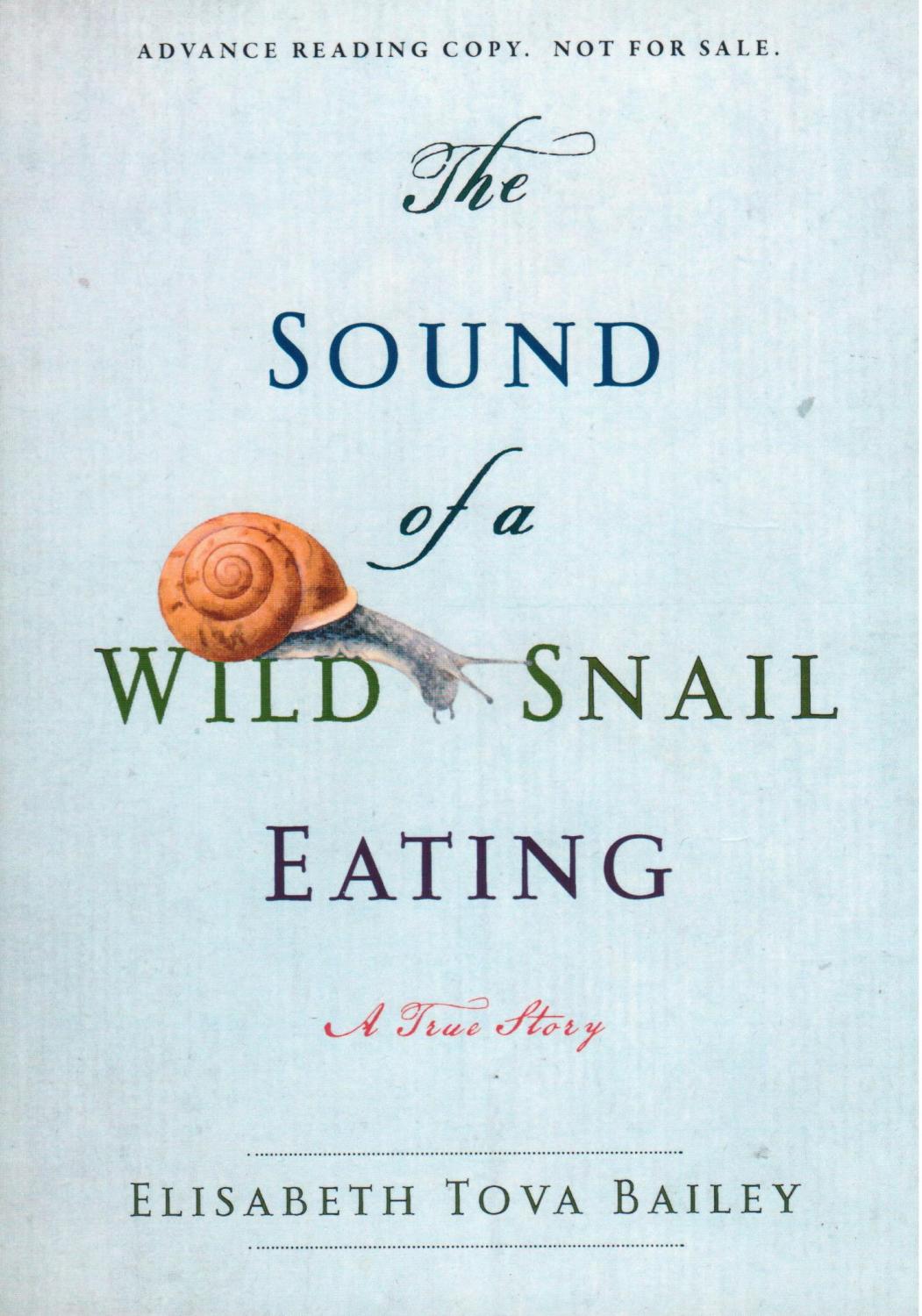The Complete Language of Herbs by S. Theresa Dietz
The Complete Language of Herbs is a comprehensive encyclopedia providing the meanings, powers, facts, and folklore for over 500 herbs and spices.
Along with a beautiful visual depiction, each entry provides the herb or spice’s scientific and common names, characteristics, and historic meanings and powers from mythology, medieval legends, folklore, and flower poetry.
Did you know that allspice can be added to herbal mixtures to attract money or luck? Or that sprinkling arrowroot at the doors of your home will keep guests’ negative energy from entering? Reaching the height of popularity during the Victorian era, floriographies—dictionaries of symbolic flower meanings—were an amusing pastime and art to subtly communicate unspoken emotions. To complement the success of The Complete Language of Flowers, author S. Theresa Dietz has scoured historic sources and compiled an equally beautiful compendium in The Complete Language of Herbs, revealing the secrets and powers of hundreds of common and forgotten herbs and spices from around the world.
Together with stunning full-color illustrations and two indexes, one for searching by common herb and spice name and the other organized by meaning, this beautiful reference is a must-have for gardeners, chefs, party planners, and food enthusiasts.
Elegantly designed and beautifully illustrated, the Complete Illustrated Encyclopedia series offers comprehensive, display-worthy references on a range of intriguing topics, including birthday astrology, dream interpretation, astrological self-care practices, techniques for harnessing the power of dreams, and the stories behind signs and symbols.
In Praise of Paths: Walking through Time and Nature by Torbjørn Ekelund
AN ODE TO PATHS AND THE JOURNEYS WE TAKE THROUGH NATURE, AS TOLD BY A GIFTED WRITER WHO STOPPED DRIVING AND REDISCOVERED THE JOYS OF TRAVELING BY FOOT.
Torbjørn Ekelund started to walk - everywhere - after an epilepsy diagnosis affected his ability to drive. The more he ventured out, the more he came to love the act of walking, and an interest in paths emerged. In this poignant, meandering book, Ekelund interweaves the literature and history of paths with his own stories from the trail. As he walks with shoes on and barefoot, through forest creeks and across urban streets, he contemplates the early tracks made by ancient snails and traces the wanderings of Romantic poets, amongst other musings. If we still "understand ourselves in relation to the landscape," Ekelund asks, then what do we lose in an era of car travel and navigation apps? And what will we gain from taking to paths once again?
Soap and Water and Common Sense: The Definitive Guide to Viruses, Bacteria, Parasites, and Disease by Bonnie Henry
As a physician who has spent nearly two decades chasing bugs all over the world — from Ebola in Uganda, to polio in Pakistan, to SARS in Toronto — leading epidemiologist and public-health doctor Bonnie Henry offers three simple rules to help people avoid getting sick: clean your hands, cover your mouth when you cough, and stay at home when you have a fever. It all boils down to basic hygiene. In this compelling book, Dr. Henry gives a lively account of the evolution of common sickness. She takes readers on a tour through the halls of Microbes Inc., a global "corporation" that has evolved and adapted over billions of years to rule the earth. From viruses to bacteria to parasites and fungi, Dr. Henry profiles the threats and dispels some of the common myths and misinformation about good and bad bugs to bestow upon readers the most important measures needed to keep themselves and their families healthy.
Why We Can’t Sleep by Ada Calhoun
When Ada Calhoun found herself in the throes of a midlife crisis, she thought that she had no right to complain. She was married with children and a good career. So why did she feel miserable? And why did it seem that other Generation X women were miserable, too?
Calhoun decided to find some answers. She looked into housing costs, HR trends, credit card debt averages, and divorce data. At every turn, she saw a pattern: sandwiched between the Boomers and the Millennials, Gen X women were facing new problems as they entered middle age, problems that were being largely overlooked.
Speaking with women across America about their experiences as the generation raised to “have it all,” Calhoun found that most were exhausted, terrified about money, under-employed, and overwhelmed. Instead of being heard, they were told instead to lean in, take “me-time,” or make a chore chart to get their lives and homes in order.
In Why We Can’t Sleep, Calhoun opens up the cultural and political contexts of Gen X’s predicament and offers solutions for how to pull oneself out of the abyss—and keep the next generation of women from falling in. The result is reassuring, empowering, and essential reading for all middle-aged women, and anyone who hopes to understand them.
Brief Answers to the Big Questions by Stephen Hawking
|
The world-famous cosmologist and #1 bestselling author of A Brief History of Time leaves us with his final thoughts on the biggest questions facing humankind.
Stephen Hawking was the most renowned scientist since Einstein, known both for his groundbreaking work in physics and cosmology and for his mischievous sense of humor. He educated millions of readers about the origins of the universe and the nature of black holes, and inspired millions more by defying a terrifying early prognosis of ALS, which originally gave him only two years to live. In later life he could communicate only by using a few facial muscles, but he continued to advance his field and serve as a revered voice on social and humanitarian issues.
Hawking not only unraveled some of the universe’s greatest mysteries but also believed science plays a critical role in fixing problems here on Earth. Now, as we face immense challenges on our planet—including climate change, the threat of nuclear war, and the development of artificial intelligence—he turns his attention to the most urgent issues facing us.
Will humanity survive? Should we colonize space? Does God exist? These are just a few of the questions Hawking addresses in this wide-ranging, passionately argued final book from one of the greatest minds in history.
Featuring a foreword by Eddie Redmayne, who won an Oscar playing Stephen Hawking, an introduction by Nobel Laureate Kip Thorne, and an afterword from Hawking’s daughter, Lucy, Brief Answers to the Big Questions is a brilliant last message to the world. |
||||
Why We Sleep by Matthew Walker
A New York Times bestseller
The first sleep book by a leading scientific expert—Professor Matthew Walker, Director of UC Berkeley’s Sleep and Neuroimaging Lab—reveals his groundbreaking exploration of sleep, explaining how we can harness its transformative power to change our lives for the better.
Sleep is one of the most important but least understood aspects of our life, wellness, and longevity. Until very recently, science had no answer to the question of why we sleep, or what good it served, or why we suffer such devastating health consequences when we don't sleep. Compared to the other basic drives in life—eating, drinking, and reproducing—the purpose of sleep remained elusive.
An explosion of scientific discoveries in the last twenty years has shed new light on this fundamental aspect of our lives. Now, preeminent neuroscientist and sleep expert Matthew Walker gives us a new understanding of the vital importance of sleep and dreaming. Within the brain, sleep enriches our ability to learn, memorize, and make logical decisions. It recalibrates our emotions, restocks our immune system, fine-tunes our metabolism, and regulates our appetite. Dreaming mollifies painful memories and creates a virtual reality space in which the brain melds past and present knowledge to inspire creativity.
Walker answers important questions about sleep: how do caffeine and alcohol affect sleep? What really happens during REM sleep? Why do our sleep patterns change across a lifetime? How do common sleep aids affect us and can they do long-term damage? Charting cutting-edge scientific breakthroughs, and synthesizing decades of research and clinical practice, Walker explains how we can harness sleep to improve learning, mood, and energy levels; regulate hormones; prevent cancer, Alzheimer’s, and diabetes; slow the effects of aging; increase longevity; enhance the education and lifespan of our children, and boost the efficiency, success, and productivity of our businesses. Clear-eyed, fascinating, and accessible, Why We Sleep is a crucial and illuminating book.
The Wolf by Nate Blakeslee
The intimate, involving story of the rise and reign of O-Six, the fabled Yellowstone wolf, and the people who loved or feared her. For readers of H is for Hawk, captivating works of reportage, and iconic books on the American West.
Before humans ruled the Earth, there were wolves. Once abundant in the United States, these majestic creatures were hunted to near extinction by the 1920s. But in recent decades, conservationists have brought wolves from Canada back to Yellowstone National Park, igniting a battle over the very soul of the American West.
With novelistic detail, Nate Blakeslee tells the gripping story of one of these wolves, a charismatic alpha female named O-Six. She's a kind and merciful leader, a fiercely intelligent fighter, and a doting mother. Beloved by wolf watchers, particularly Yellowstone park ranger Rick McIntyre, O-Six becomes something of a social media star, with followers around the world.
But as she raises her pups and protects her pack, O-Six is being challenged on all fronts: by hunters and their professional guides, who compete with wolves for the elk they all prize; by cattle ranchers who are losing livestock and have the ear of politicians; and by other Yellowstone wolves who resent her dominance of the stunningly beautiful Lamar Valley.
These forces collide in The Wolf, a riveting multigenerational wildlife saga that tells a larger story about the clash of values in the West--between those fighting for a vanishing way of life and those committed to restoring one of the country's most vibrant landscapes.
The Wizard and the Prophet by Charles C. Mann
From the best-selling, award-winning author of 1491 and 1493--an incisive portrait of the two little-known twentieth-century scientists, Norman Borlaug and William Vogt, whose diametrically opposed views shaped our ideas about the environment, laying the groundwork for how people in the twenty-first century will choose to live in tomorrow's world.
In forty years, Earth's population will reach ten billion. Can our world support that? What kind of world will it be? Those answering these questions generally fall into two deeply divided groups--Wizards and Prophets, as Charles Mann calls them in this balanced, authoritative, nonpolemical new book. The Prophets, he explains, follow William Vogt, a founding environmentalist who believed that in using more than our planet has to give, our prosperity will lead us to ruin. Cut back! was his mantra. Otherwise everyone will lose! The Wizards are the heirs of Norman Borlaug, whose research, in effect, wrangled the world in service to our species to produce modern high-yield crops that then saved millions from starvation. Innovate! was Borlaug's cry. Only in that way can everyone win! Mann delves into these diverging viewpoints to assess the four great challenges humanity faces--food, water, energy, climate change--grounding each in historical context and weighing the options for the future. With our civilization on the line, the author's insightful analysis is an essential addition to the urgent conversation about how our children will fare on an increasingly crowded Earth.
The Strange Order of Things by Antonio Demasio
From one of our preeminent neuroscientists: a landmark reflection that spans the biological and social sciences, offering a new way of understanding the origins of life, feeling, and culture.
The Strange Order of Things is a pathbreaking investigation into homeostasis, the condition of that regulates human physiology within the range that makes possible not only the survival but also the flourishing of life. Antonio Damasio makes clear that we descend biologically, psychologically, and even socially from a long lineage that begins with single living cells; that our minds and cultures are linked by an invisible thread to the ways and means of ancient unicellular life and other primitive life-forms; and that inherent in our very chemistry is a powerful force, a striving toward life maintenance that governs life in all its guises, including the development of genes that help regulate and transmit life. In The Strange Order of Things, Damasio gives us a new way of comprehending the world and our place in it.
www.antoniodamasio.com
The Sound of a Wild Snail Eating by Elisabeth Tava Bailey
In a work that beautifully demonstrates the rewards of closely observing nature, Elisabeth Tova Bailey shares an inspiring and intimate story of her encounter with a Neohelix albolabris—a common woodland snail.
While an illness keeps her bedridden, Bailey watches a wild snail that has taken up residence on her nightstand. As a result, she discovers the solace and sense of wonder that this mysterious creature brings and comes to a greater understanding of her own place in the world.
Intrigued by the snail’s molluscan anatomy, cryptic defenses, clear decision making, hydraulic locomotion, and courtship activities, Bailey becomes an astute and amused observer, offering a candid and engaging look into the curious life of this underappreciated small animal.
The Sound of a Wild Snail Eating is a remarkable journey of survival and resilience, showing us how a small part of the natural world can illuminate our own human existence, while providing an appreciation of what it means to be fully alive.

